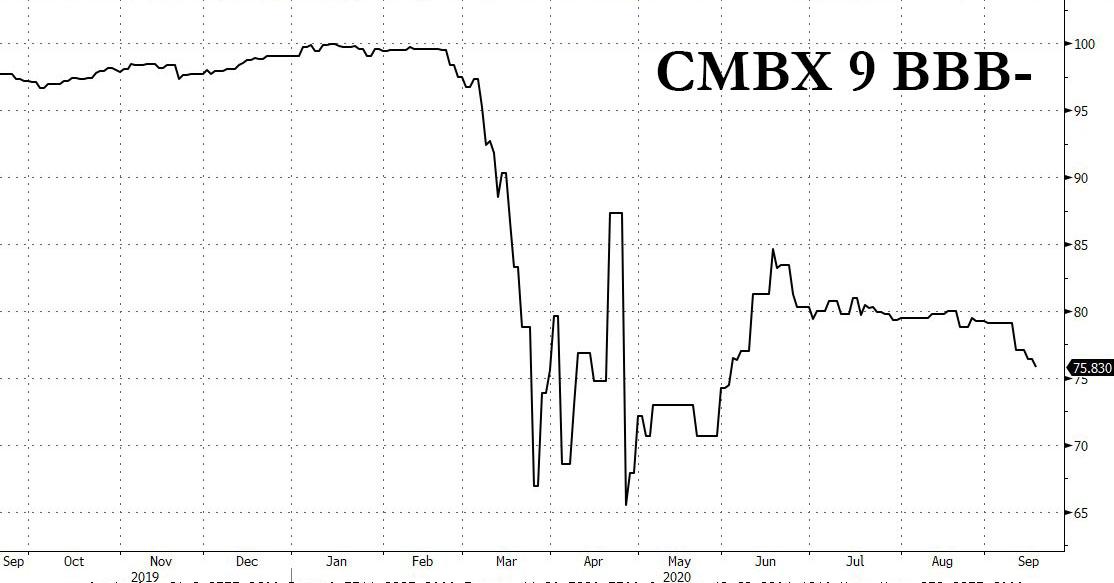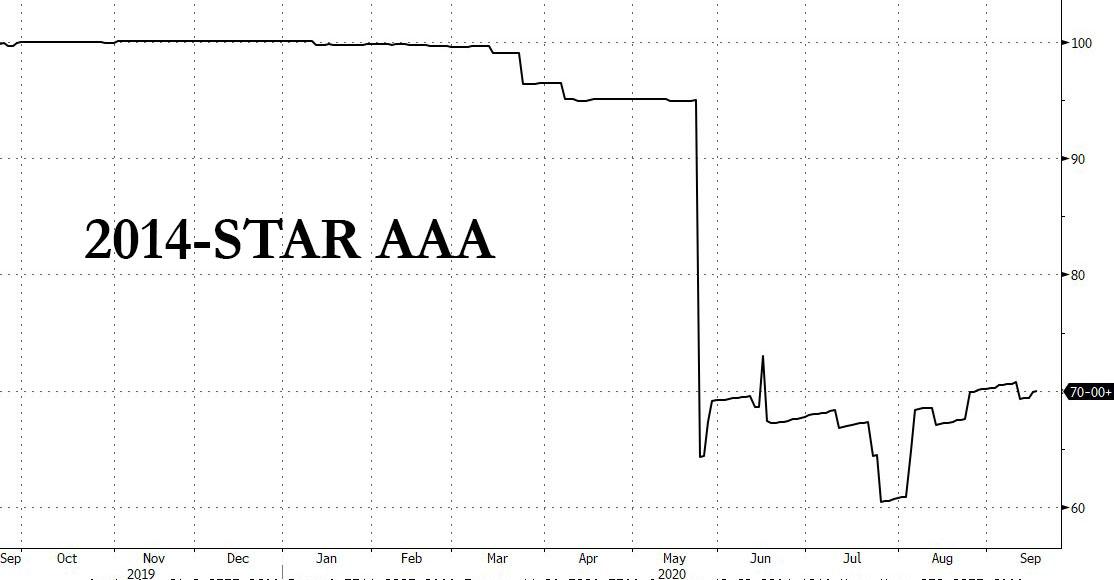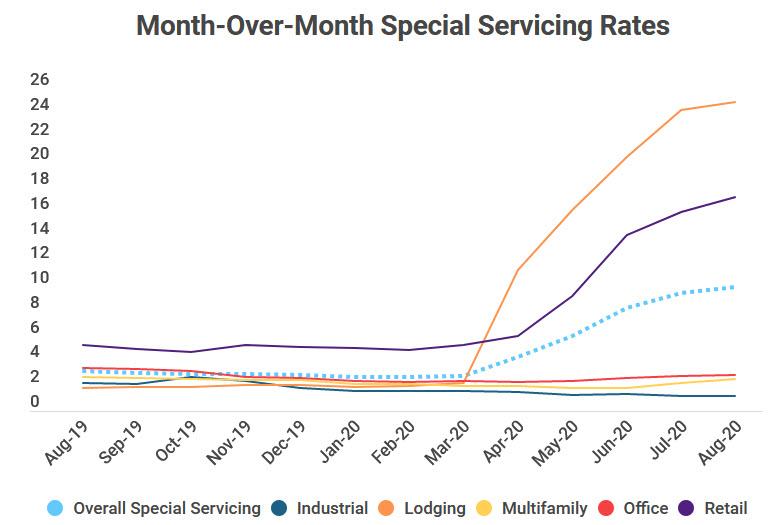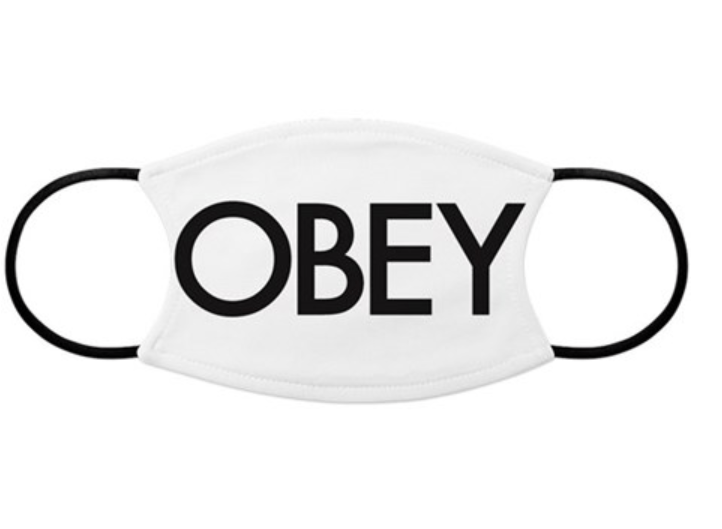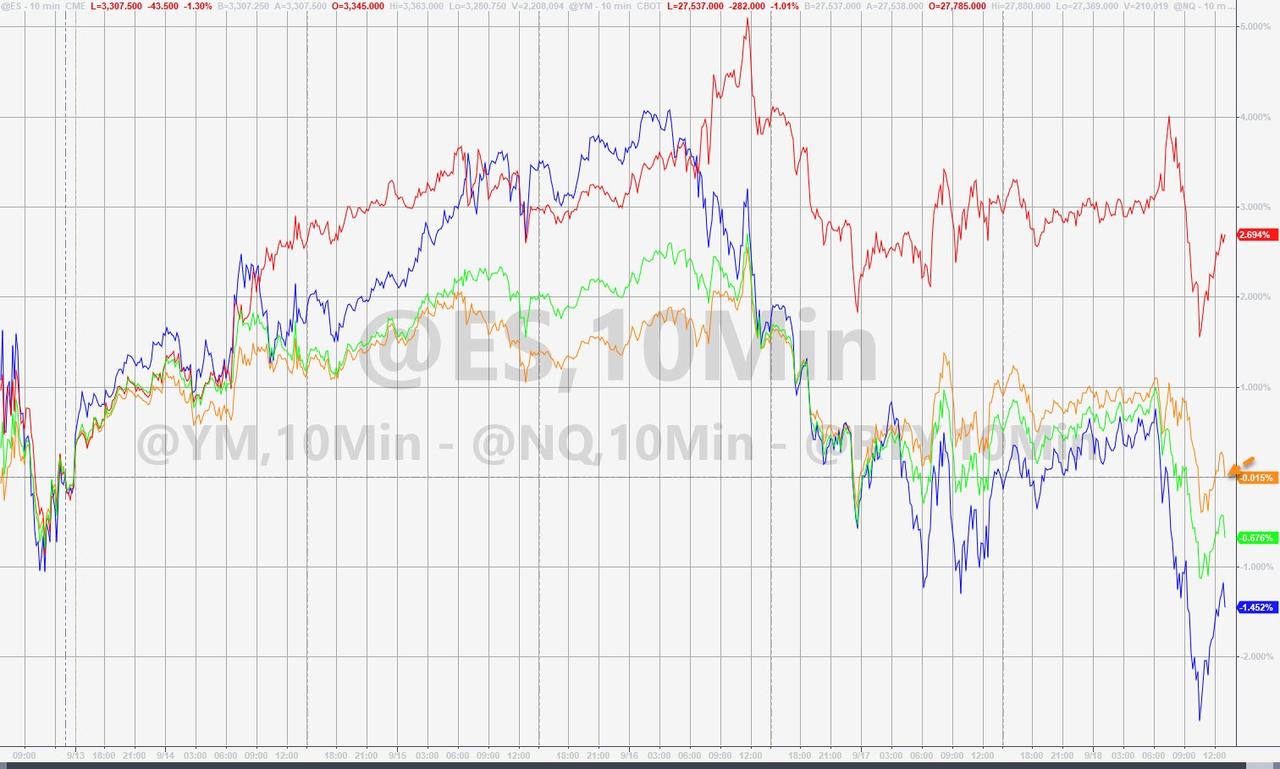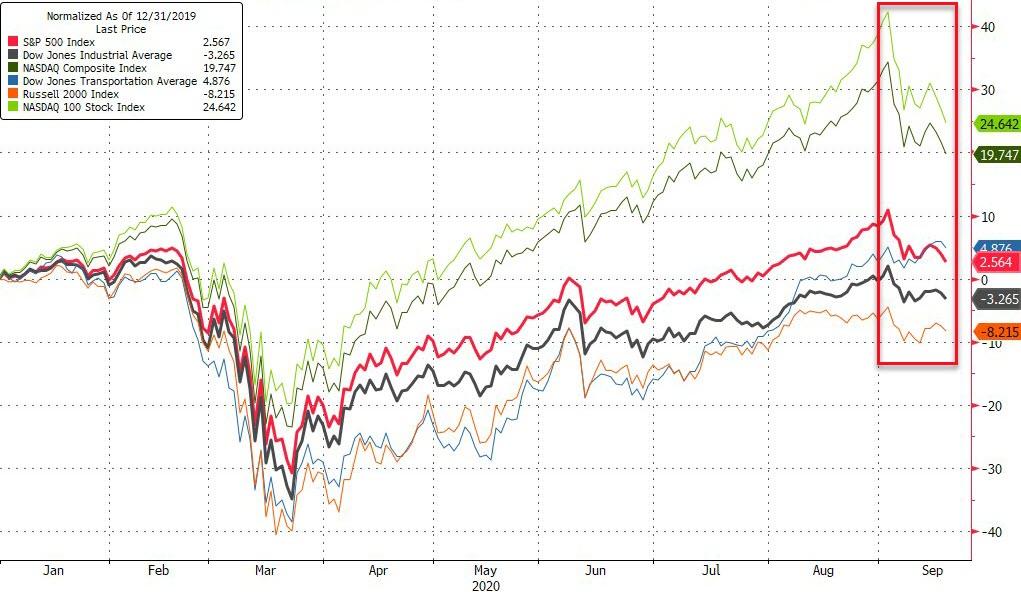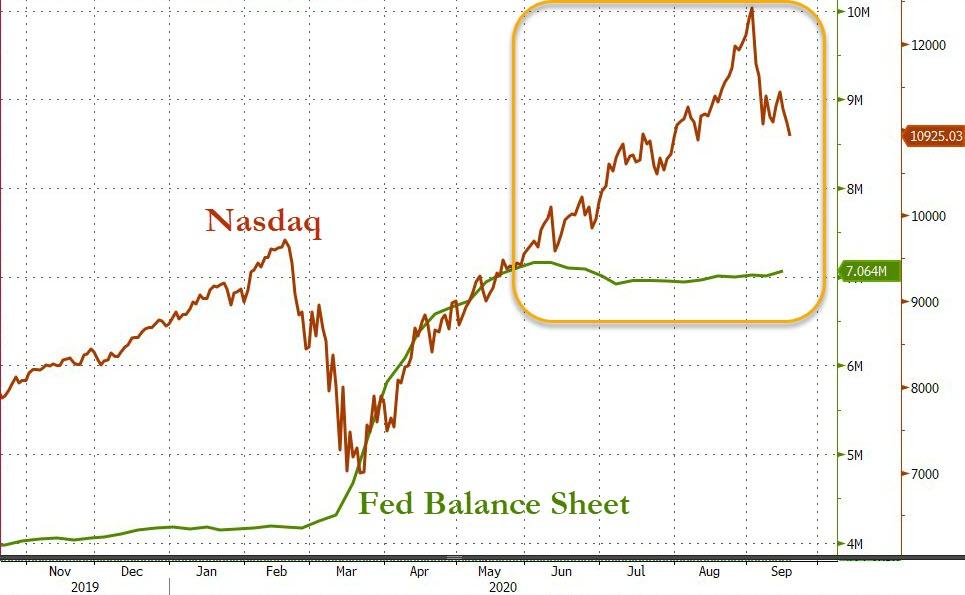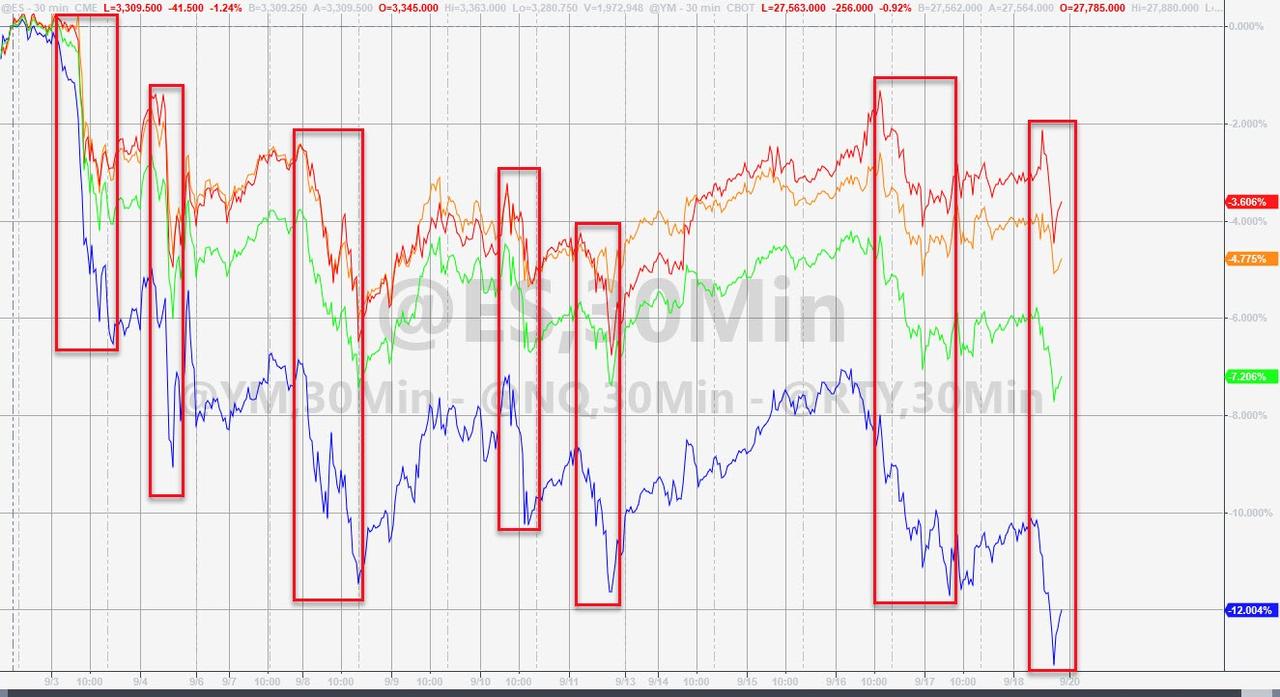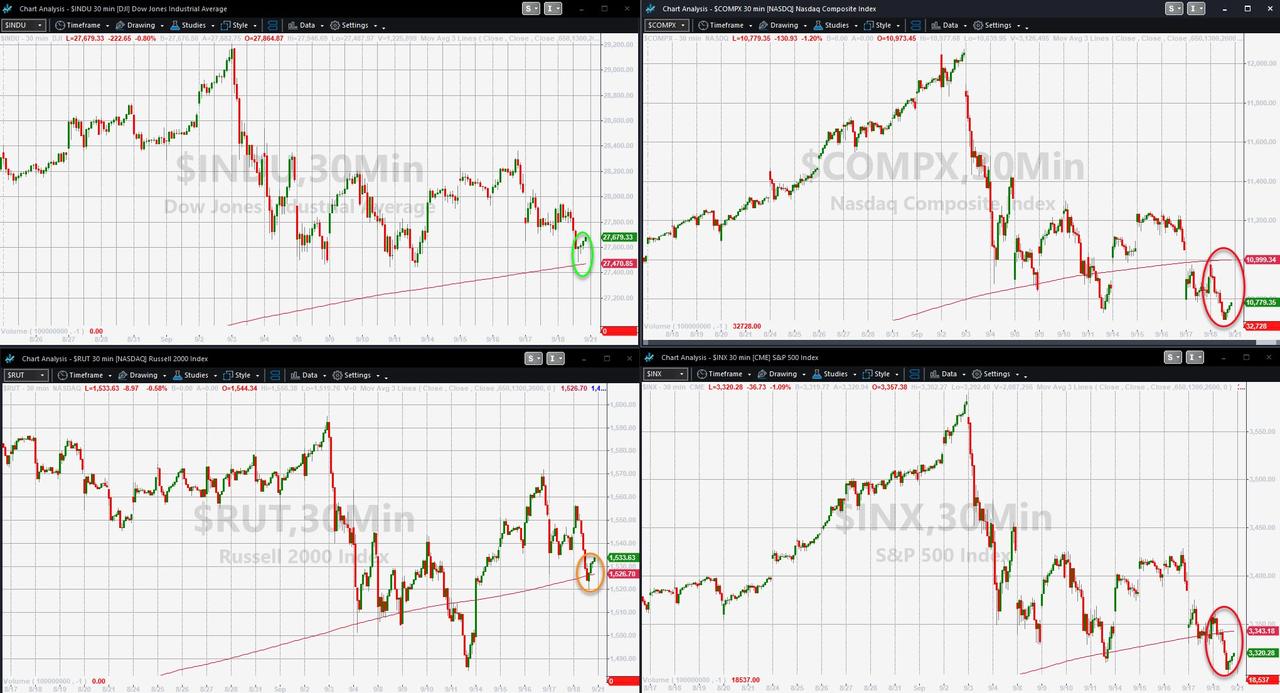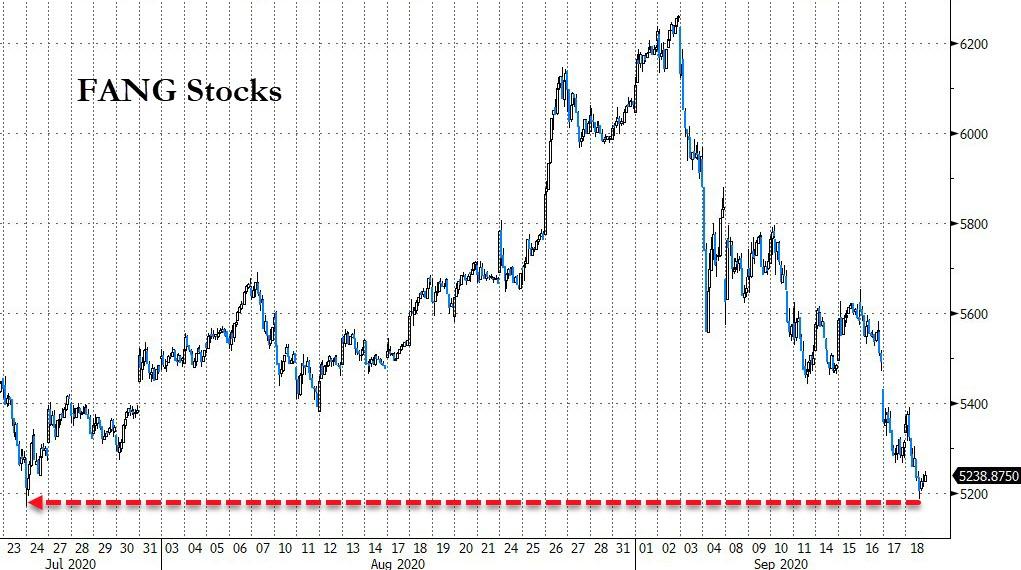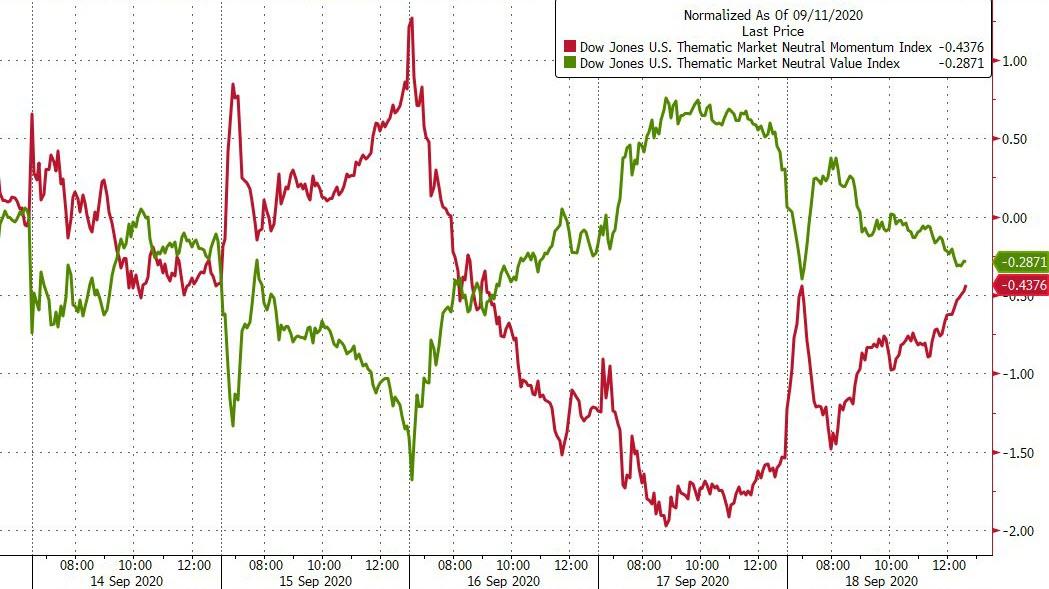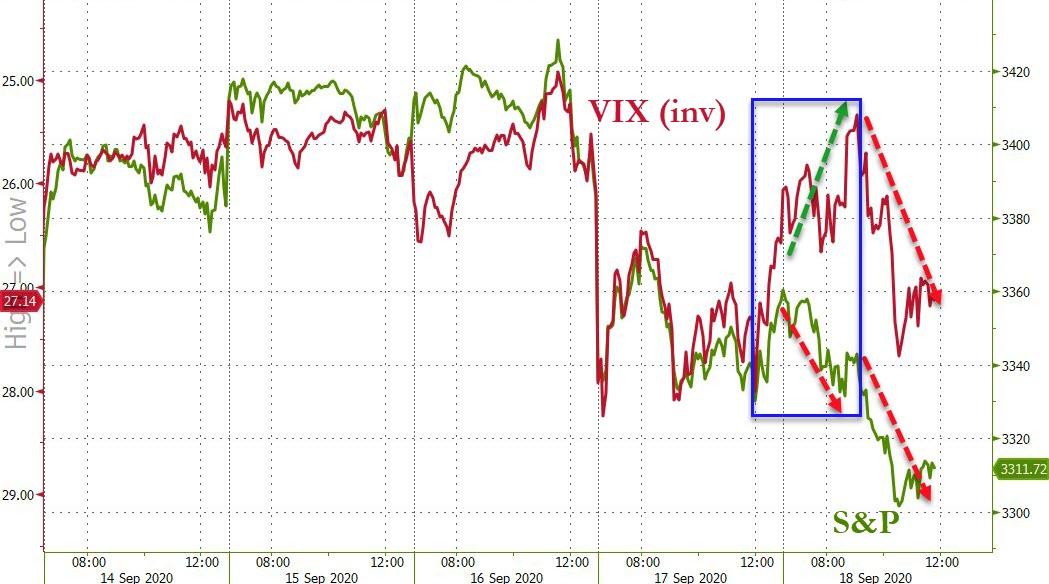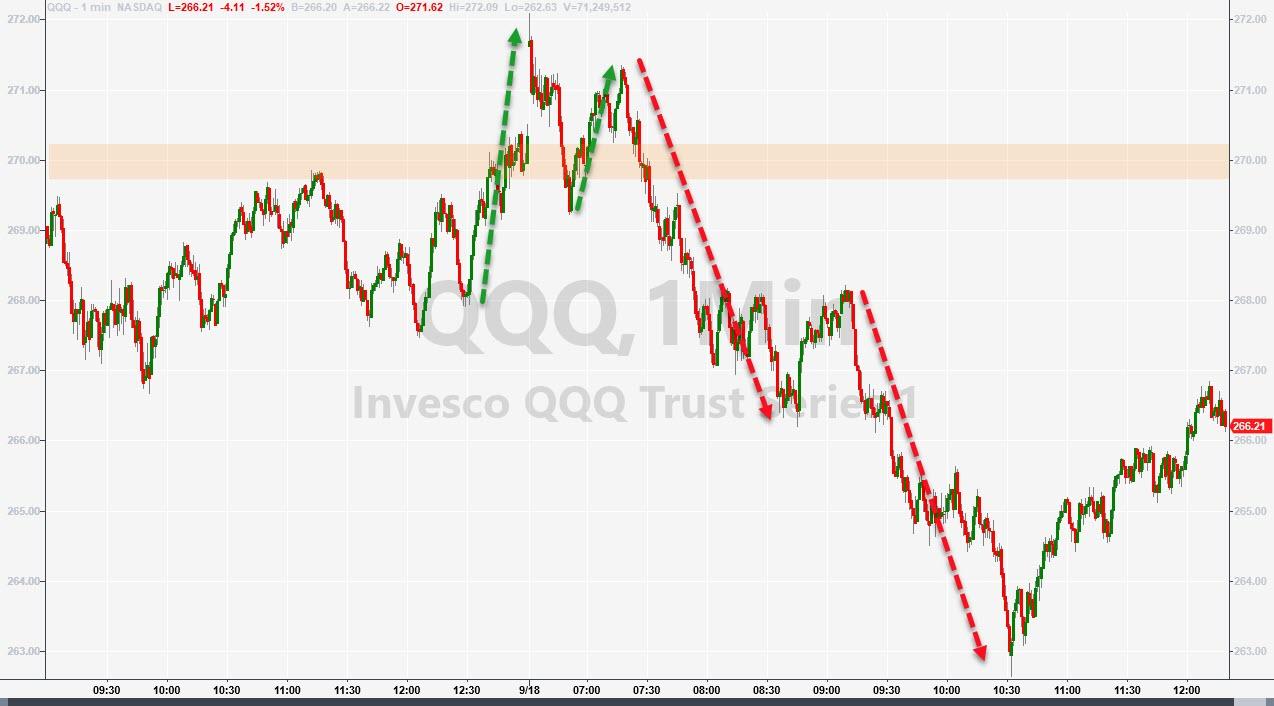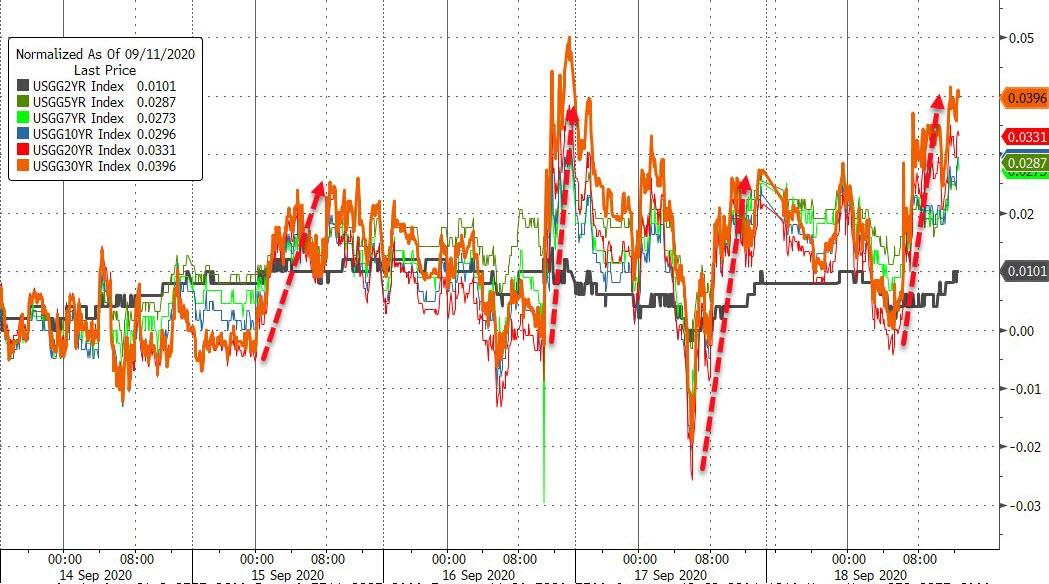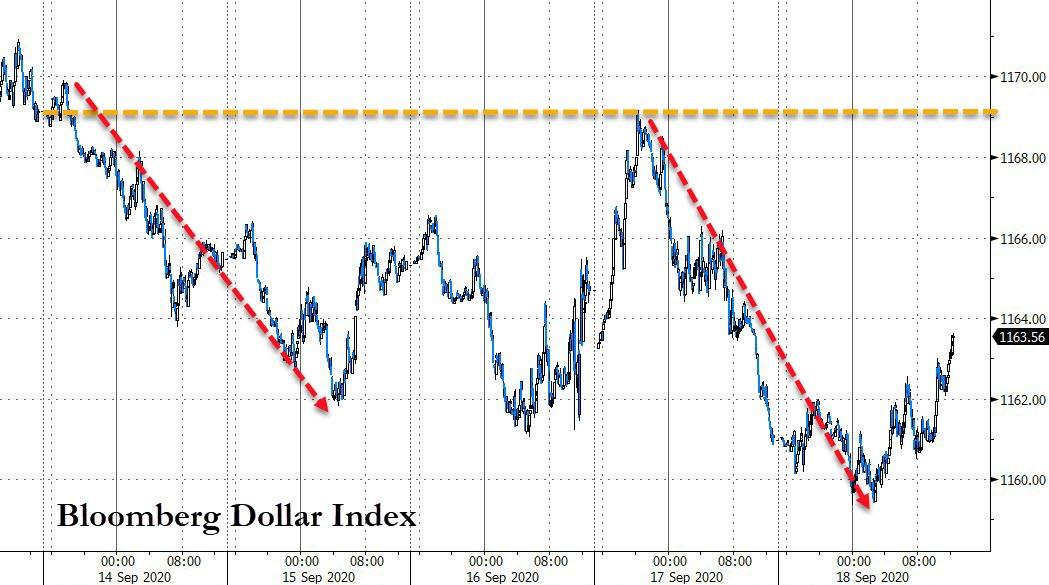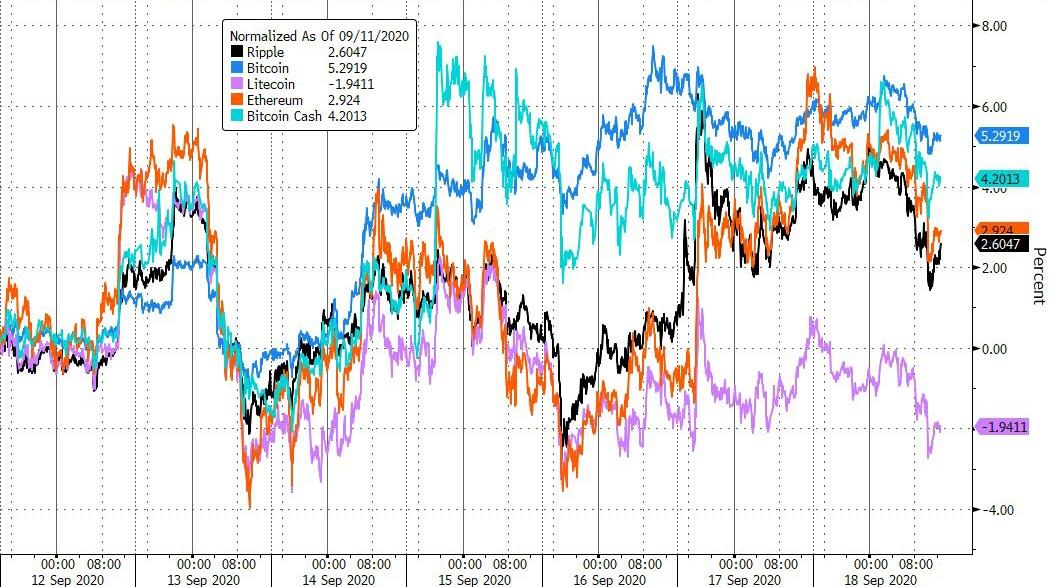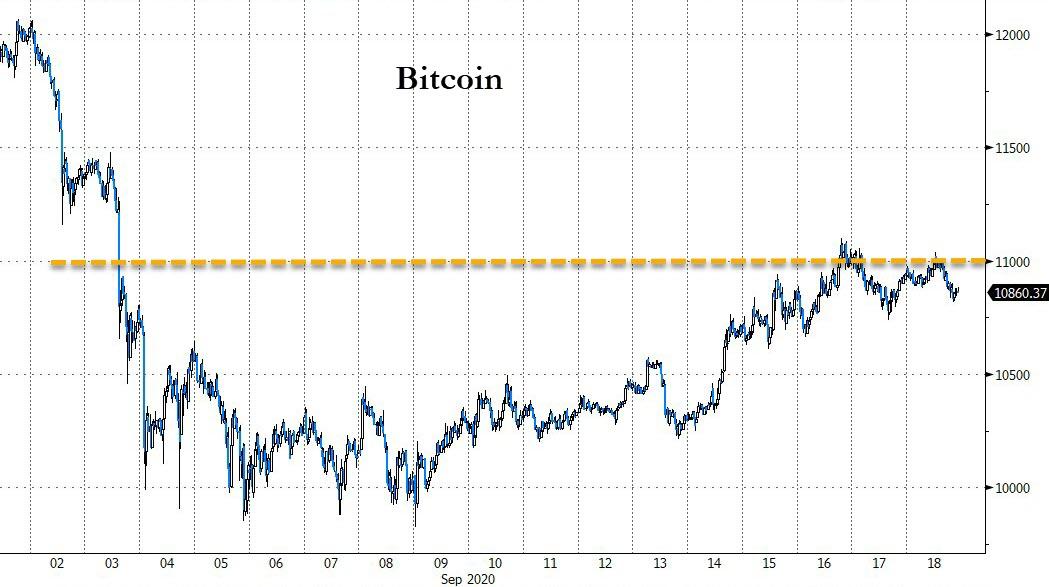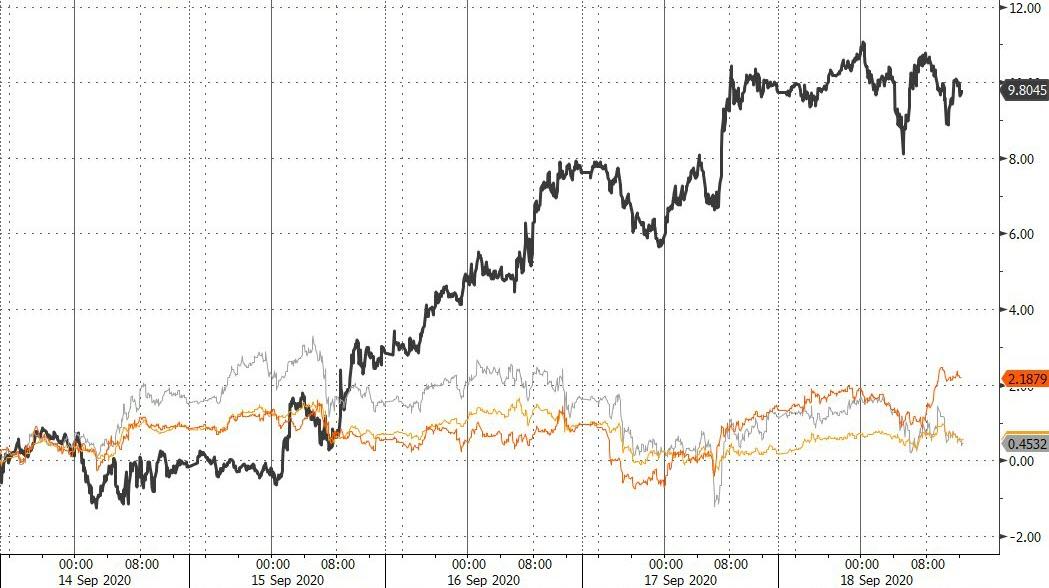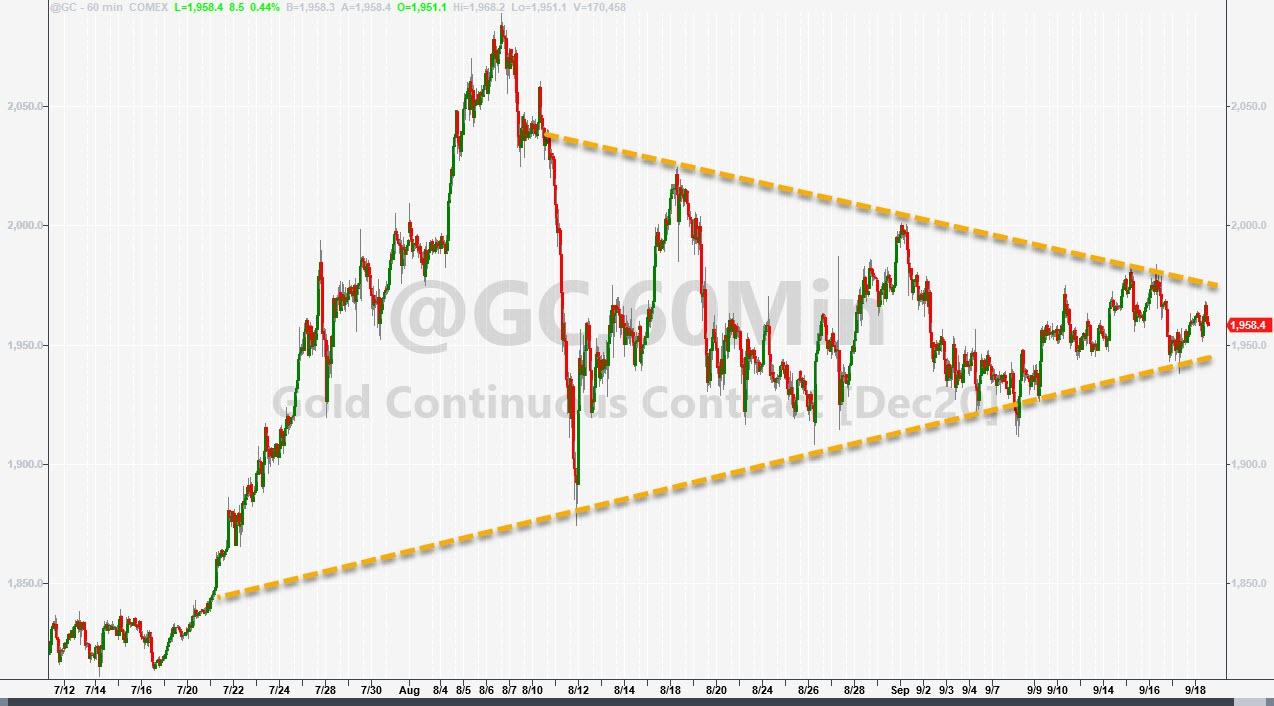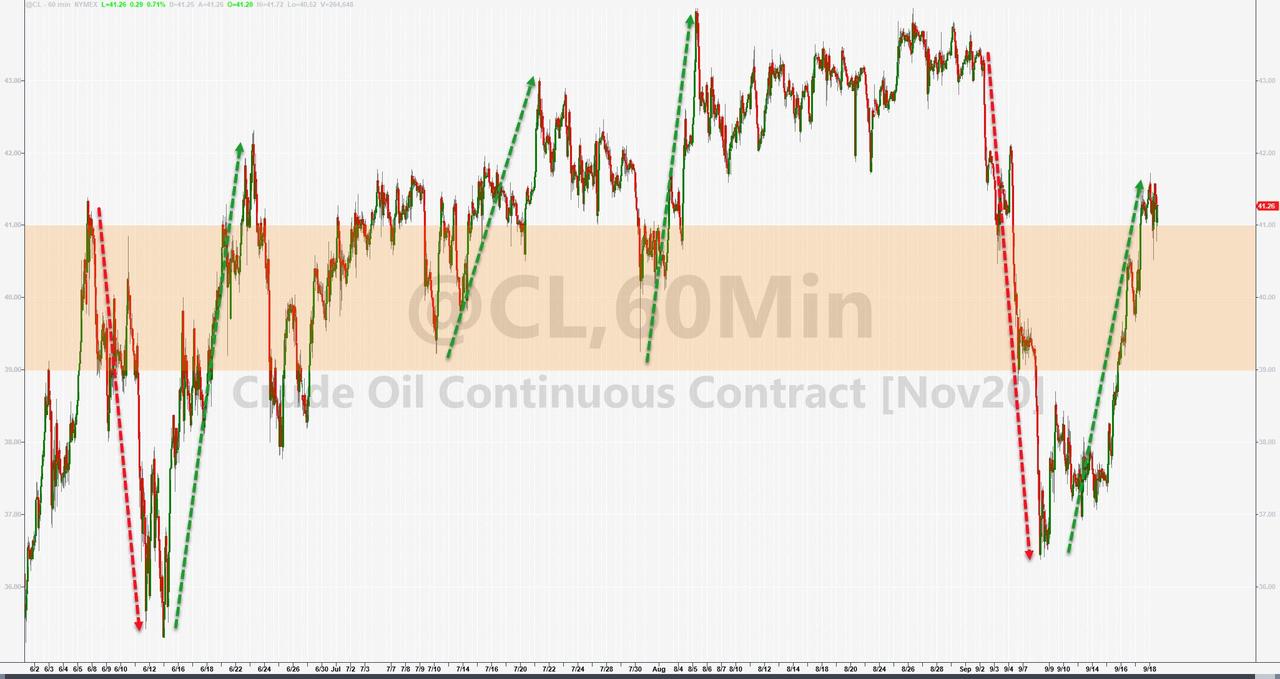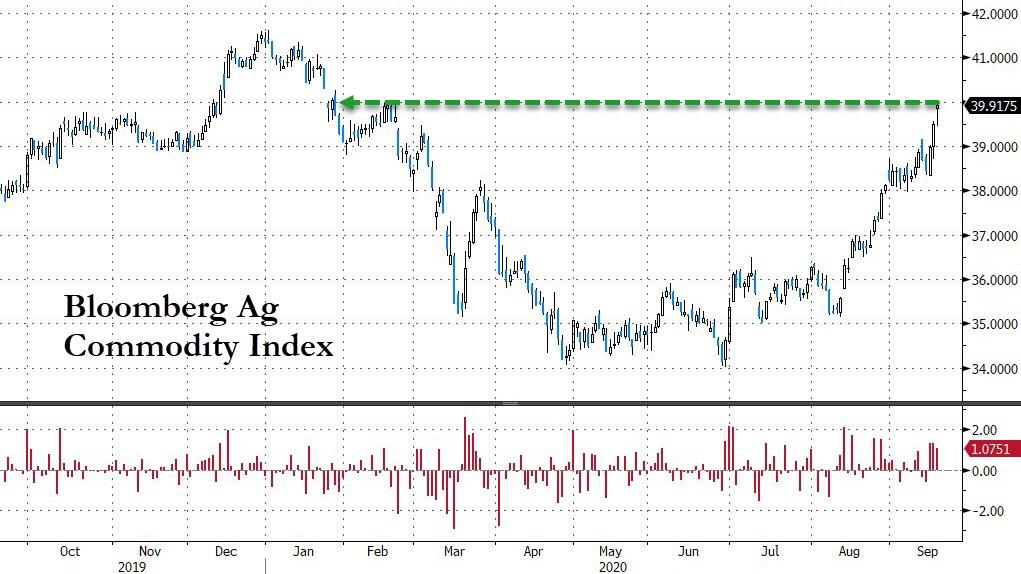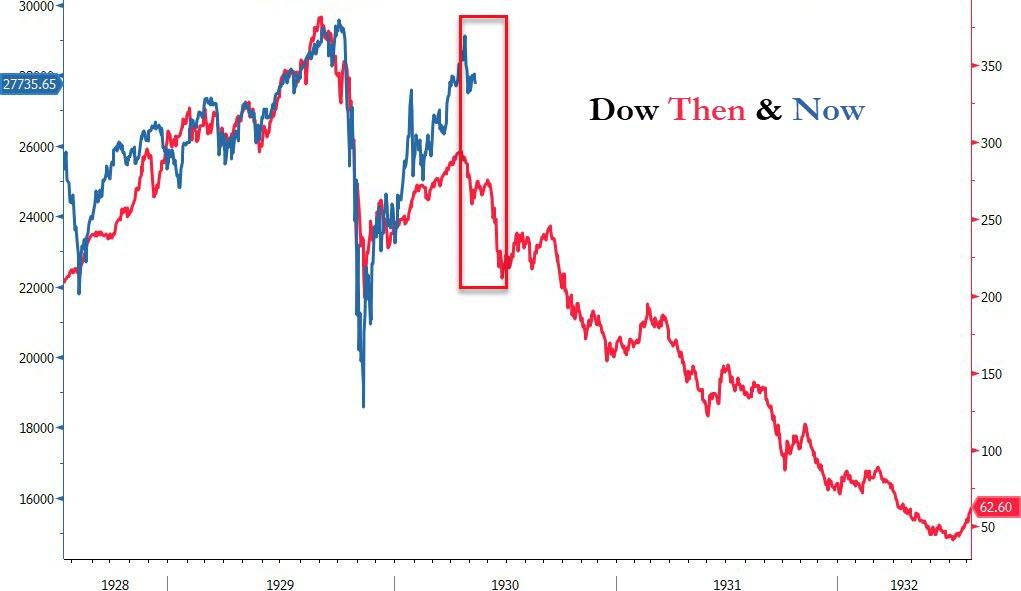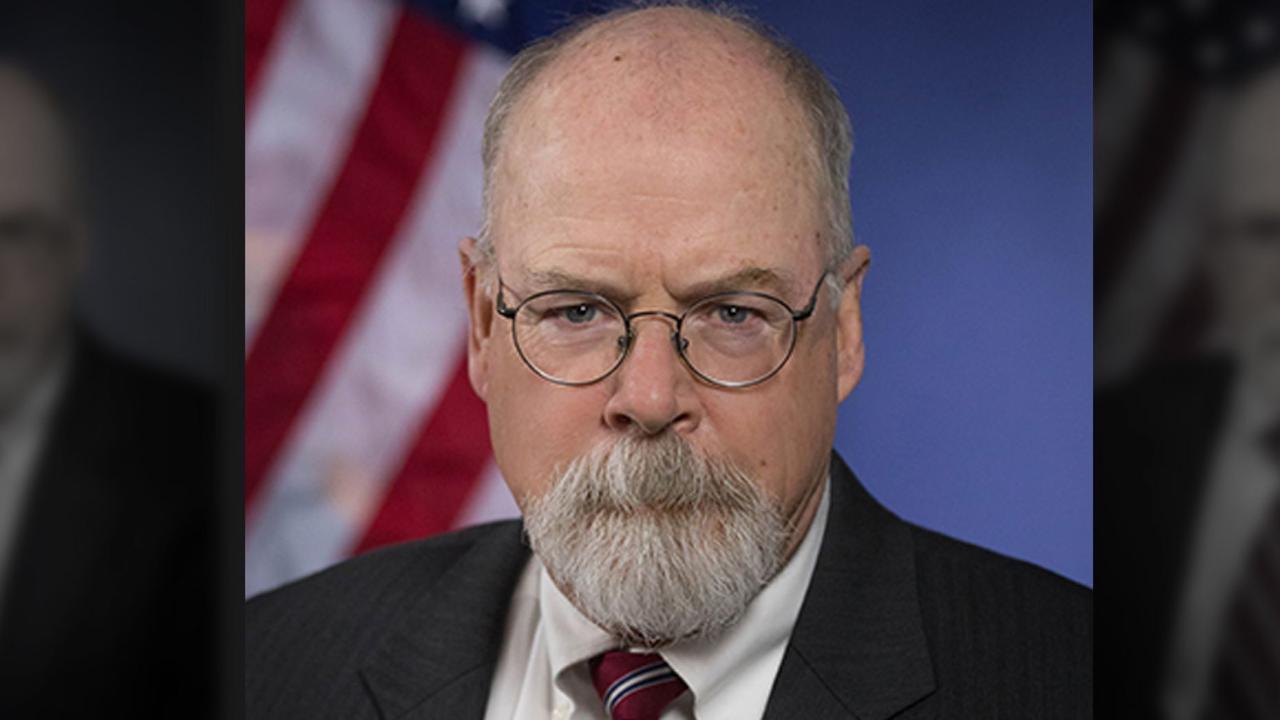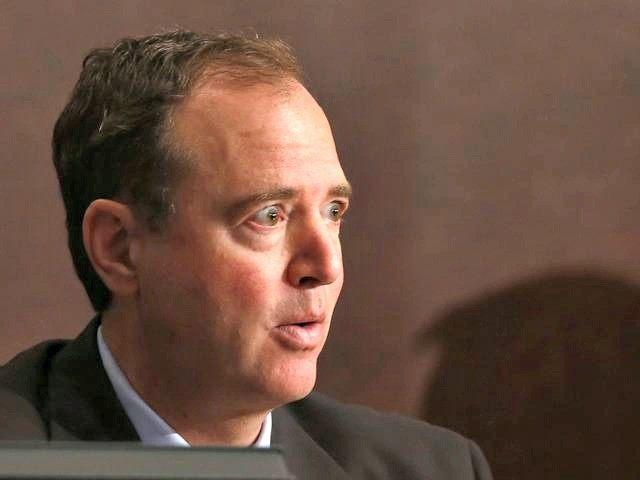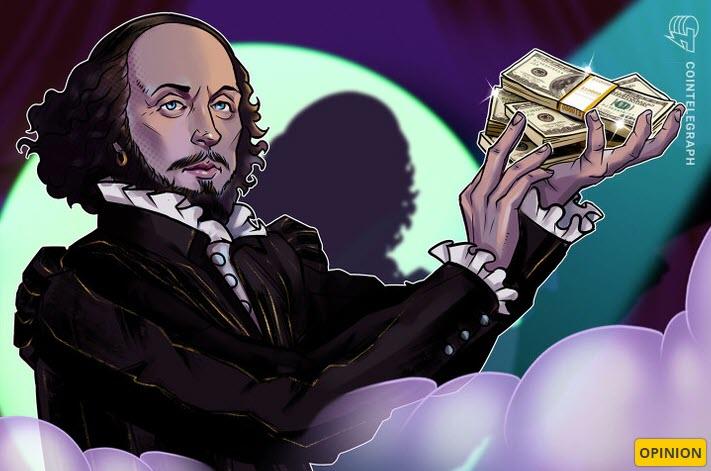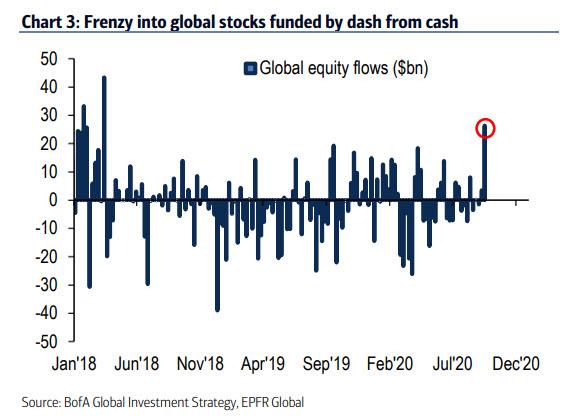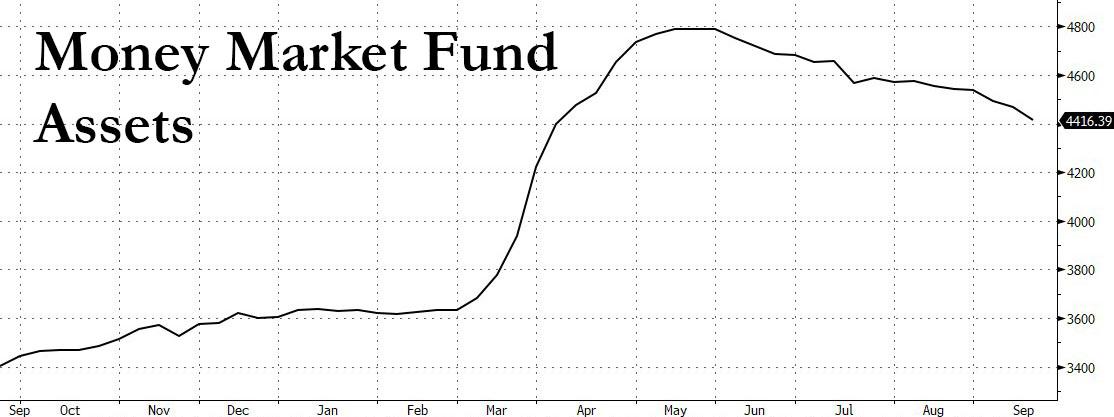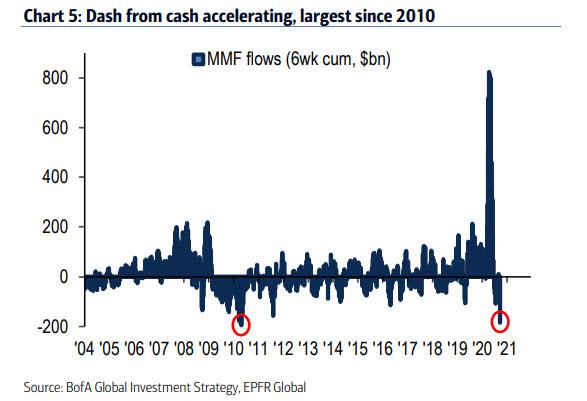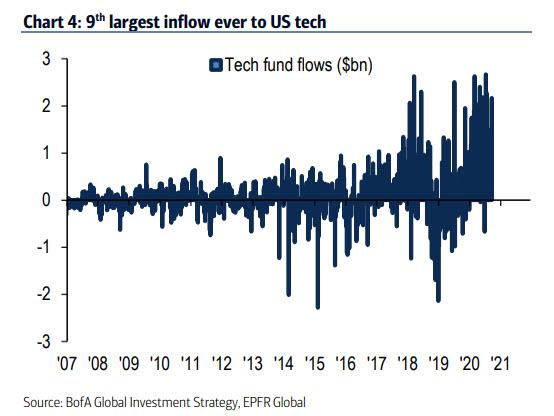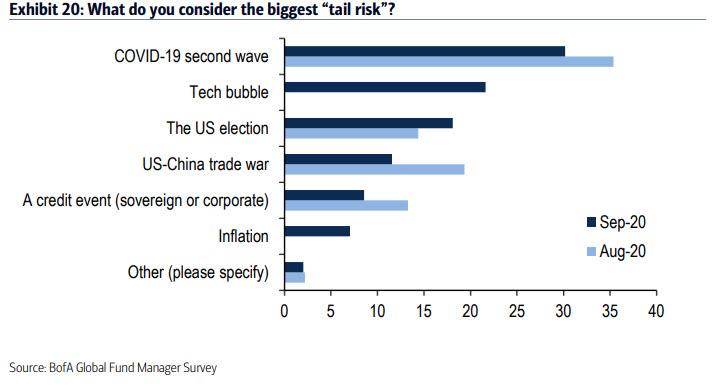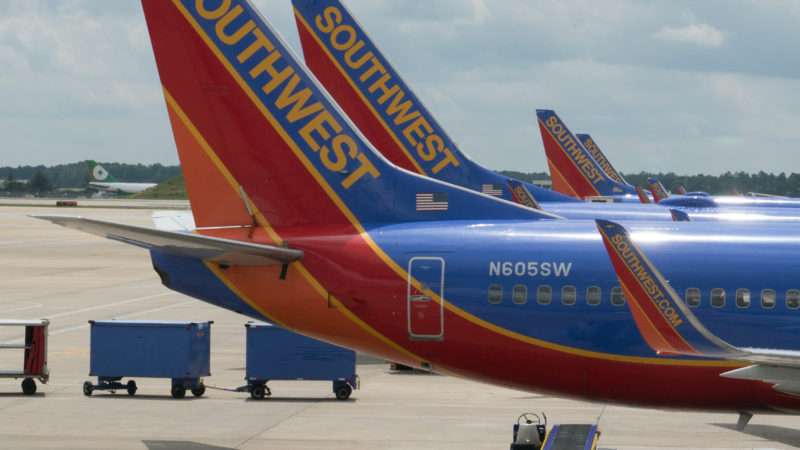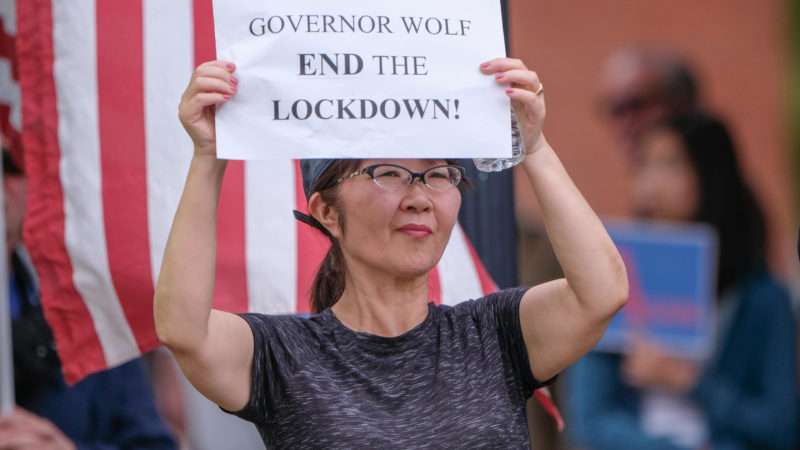
A federal judge’s ruling that Pennsylvania Gov. Tom Wolf’s pandemic lockdown orders are unconstitutional offers hope not just to the beleaguered residents of that state, but to all Americans suffering under similar impositions. With public health-inspired restrictions weighing on civil liberties and the ability to make a living, pending lawsuits in many states may offer the best chance for restoring personal freedom and dragging the country out of its economic doldrums.
“The Constitution cannot accept the concept of a ‘new normal’ where the basic liberties of the people can be subordinated to open-ended emergency-mitigation measures,” wrote U.S. District Judge William S. Stickman IV in his September 14 decision, in a case brought by a coalition of cities, counties and businesses. “Rather, the Constitution sets certain lines that may not be crossed, even in an emergency. Actions taken by Defendants crossed those lines. It is the duty of the Court to declare those actions unconstitutional.”
In particular, Stickman found that limits on gatherings run afoul of First Amendment protections for assembly rights, stay-at-home orders violate the substantive due process guarantees of the Fourteenth Amendment, and arbitrary business closures violate the Due Process and Equal Protection clauses of the Fourteenth Amendment.
“The fact is that the lockdowns imposed across the United States in early 2020 in response to the COVID-19 pandemic are unprecedented in the history of our Commonwealth and our Country,” the judge added. “They have never been used in response to any other disease in our history.”
“There’s no sense debating a ruling that will be appealed,” Pennsylvania Governor Tom responded in a statement that pleads necessity while entirely side-stepping constitutional issues. “But what’s not up for debate is that our early and decisive action saved lives.”
Except that not just the constitutionality but the effectiveness of lockdowns is up for debate.
“Lockdowns, despite the huge costs they entailed, have not had any obvious payoff in terms of fewer COVID-19 deaths,” Reason‘s Jacob Sullum noted this week after reviewing international examples and recent research. “It would not be the first time that people have exaggerated the potency of government action while ignoring everything else.”
Like the cost to our freedom, the economic toll of the lockdowns is beyond dispute.
“In the wake of COVID-19 cases increasing and local restrictions continuing to change in many states we’re seeing both permanent and temporary closures rise across the nation, with 60% of those closed businesses not reopening (97,966 permanently closed),” the review site Yelp revealed in its latest Local Economic Impact Report. Restaurants, bars, and nightlife venues considered “non-essential” and widely subject to the toughest restrictions are especially hard-hit.
“The ongoing public health crisis will continue to weigh on economic activity, employment, and inflation in the near term, and poses considerable risks to the economic outlook over the medium term,” the Federal Reserve noted September 16.
The next day, the Department of Labor reported 860,000 initial unemployment claims for the week ending September 12. While that’s much improved from the record numbers reached during the early days of pandemic fears and lockdowns, it’s still brutal. “There were 173,134 initial claims in the comparable week in 2019,” the department revealed.
Undoubtedly, some businesses would have folded and jobs would have been lost anyway in the absence of mandatory closures, as people chose to stay at home and minimize their risk of exposure. But it’s unlikely that the economic damage of voluntary actions would have been as wide-reaching or as lingering as it has been from government orders enforced by administrative penalties, fines, and arrests. And, while the specifics of lockdown orders have varied from place to place, many U.S. states have imposed such penalties to enforce restrictions that Judge Stickman points out are “unprecedented.”
“The actions taken by the administration were mirrored by governors across the country and saved, and continue to save lives in the absence of federal action,” insists Wolf’s spokesperson, Lyndsay Kensinger.
Also mirrored across the country are lawsuits against those lockdowns.
Last week, Michigan’s Supreme Court heard oral arguments in a lawsuit over the constitutionality of Gov. Gretchen Whitmer’s notoriously intrusive and arbitrary lockdown orders. The Mackinac Center Legal Foundation argues that Whitmer “unconstitutionally gave herself unprecedented unilateral power to extend her own state of emergency, a move that was harmful to Michiganders across the state.”
Other state officials face similar lawsuits of their own. And while some of the worst restrictions have since been lifted, that was the case in Pennsylvania, too. Judge Stickman moved forward with his decision anyway because relief was at the whim of the governor and “citizens remain subject to the re-imposition of the most severe provisions at any time.”
Still, some lockdown orders have survived challenges in federal and state courts. It remains to be seen whether the courts will continue down the path of deference to boundless claims of government authority in times of crisis, or will adopt Judge Stickman’s argument that “the Constitution sets certain lines that may not be crossed, even in an emergency.”
The stakes are high with COVID-19 threatening to become a long-term addition to human life and some public health types insisting that pandemic restrictions should also be a semi-permanent fixture.
“It is completely understandable that many are tiring of restrictions due to Covid-19. Unfortunately, their resolve is weakening right when we need it to harden,” Aaron E. Carroll, a professor of pediatrics at Indiana University School of Medicine, wrote September 15 in The New York Times. “It is much more likely that life in 2021, especially in the first half of the year, will need to look much like life does now,” he added.
So, keep your eyes on the courts. Depending on which way they jump, we’ll either find ourselves living in a world of liberties protected by constitutional lines that government can’t cross, or one of open-ended emergency powers extended at the pleasure of political officials.
from Latest – Reason.com https://ift.tt/3hJcsAe
via IFTTT
